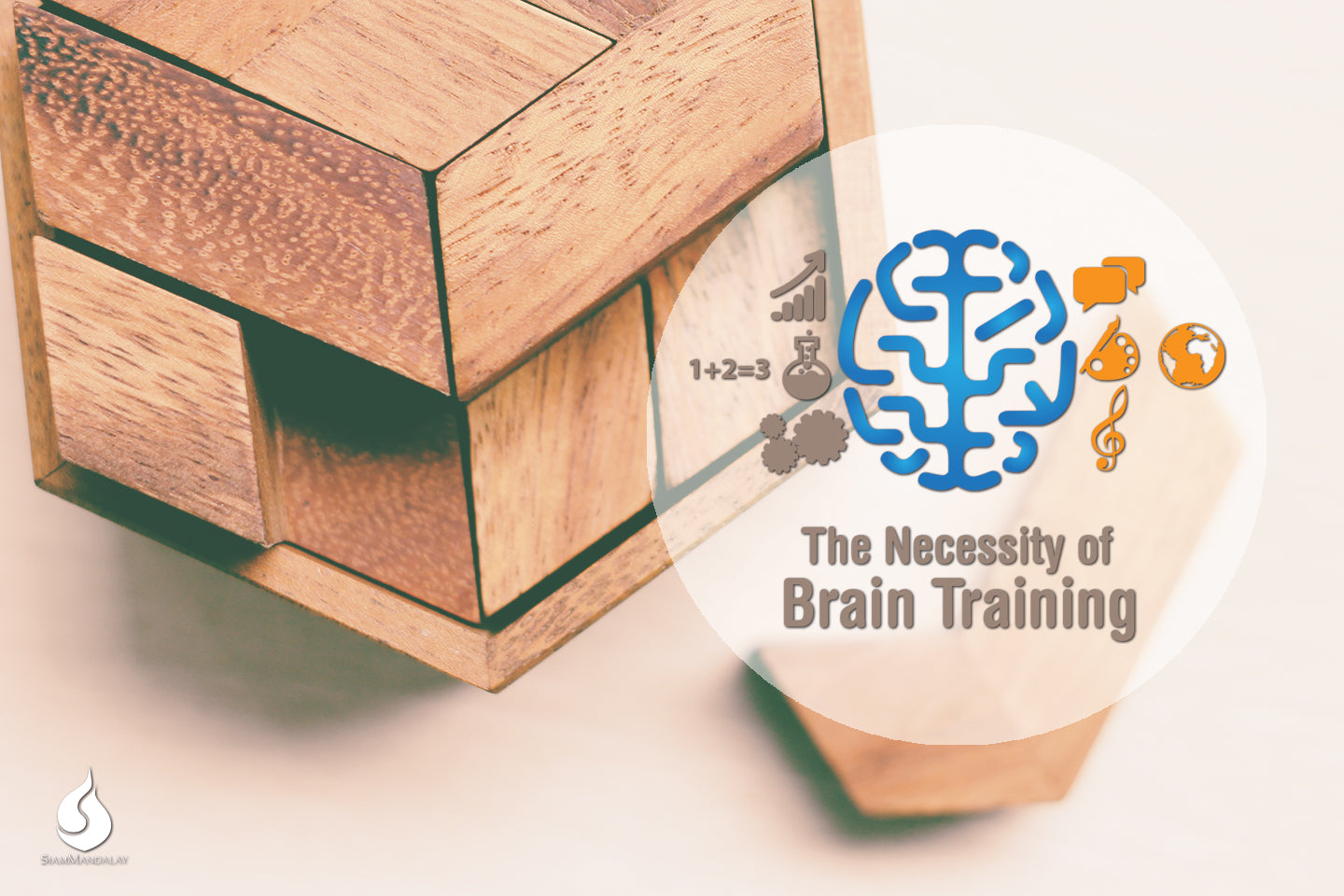
The Necessity of Brain Fitness
No other civilization has witnessed greater inter-generational divides and changes so rapid than this one.
The speed of technological advancement means that most of the knowledge learned in this generation will be obsolete by the next. For this reason, we need to learn more, learn faster and learn longer - just to keep up.
It is somewhat apt that the emerging concept of brain fitness has waited until now.
Now is the time that we need to develop new learning devices, to process new information, and keep our brain healthier - for longer. As we are developing from a local to global civilization, from knowledge-limited system to an open knowledge one, we will need to create better environments that will produce longer lasting, fitter brains.

Shooting Star
People are living longer, people are working longer - we need to develop strategies that will allow us to function at a high level well into our 80s, 90s and beyond.
With this in mind it has become important to strive for the improvement of brain plasticity. We need to aim for brain training that can allow for our brain function to be enhanced and rehabilitated - hopefully through practice we can further push the limits of this going forward.
Brain fitness is the idea that due to the wonders of brain plasticity we can learn a skill through to mastery.
The recent popularity of all things brain fitness appears to have been synced harmoniously with the rise of modern technology and interactive learning.
You only has to look at Luminosity, Fit Brain & Cognifit among other applications and hi-tech devices to see how seriously people are now taking brain health. People are now filling their free-time with interactive learning on the tube or the ride to school.
The ability for a person to exercise their brain on the train or bus, provides a kind of convenience that going to the gym doesn't. The games are cleverly styled to make them both rewarding and educational.
Sadly, as I write this very little proper research has been conducted into the improvements that can be made with cognitive training through apps and games. As technology plays an ever increasing role in our lives, this area will will become at the heart of some fully fledged scientific research in the near future.
One of the main issues about conclusive psychological research on cognitive brain training is that it cuts across multiple major concepts such as learning, plasticity and environment.
“Brain fitness is the ability of the brain to learn what the organism needs to know in order to survive in a changing environment.”

We know that despite adequate resources, some people simply cannot master the skills they are taught. Others develop conditions like dyslexia or dyspraxia which results in difficulties writing and arithmetic. Its interesting to note how flexible the mind is. People with these kinds of conditions show remarkable ability to compensate for and often excel in these fields.
Even with serious impairments the brain is phenomenally adept at compensation. A blind man can learn how to see, not with his eyes, but through a series of sounds that reverberate around space allowing them to visualize their environment.
People with dyslexia, will learn to process information in a completely different way to that of other reading brains, which can decode letters and sounds on their own.
However, the compensation will take place only if the environment is right and the resources are in place to enable it. With this in mind the nature of brain fitness is the ability to work without reliance on an individual skill, ability or learning strategy.

As the examples show, there are other alternative means of learning that stimulate other processing circuits. Optimal brain fitness is more likely to develop when the environment provides several parallel sources of information, in our example of dyslexia with the written text, oral reading, listening and acting.
The highest mountain to climb for the field is associated with neurodegenerative diseases such as Alzheimer’s. Whether all human brain can achieve fitness and continue to learn and develop in the face of neurodegenerative diseases such as Alzheimer’s is a poignant question.
How human’s brain fitness and learning capabilities will be investigated in the future is when powered by the tools of neuroscience, psychology and medicine is an interesting one. The research will help provide us with the tools that are needed for a fit and functioning brain well into old-age.
For the time being we are only left with a handful of options; Sudoku, Phone Apps, Puzzles and riddles, we recommend that your try to stretch your brain as much as possible. By giving your brain a moderate amount of cognitive exercise regularly you can help fight off the causes and symptoms of brain degeneration and provide you with a fit and healthy brain going forward.
